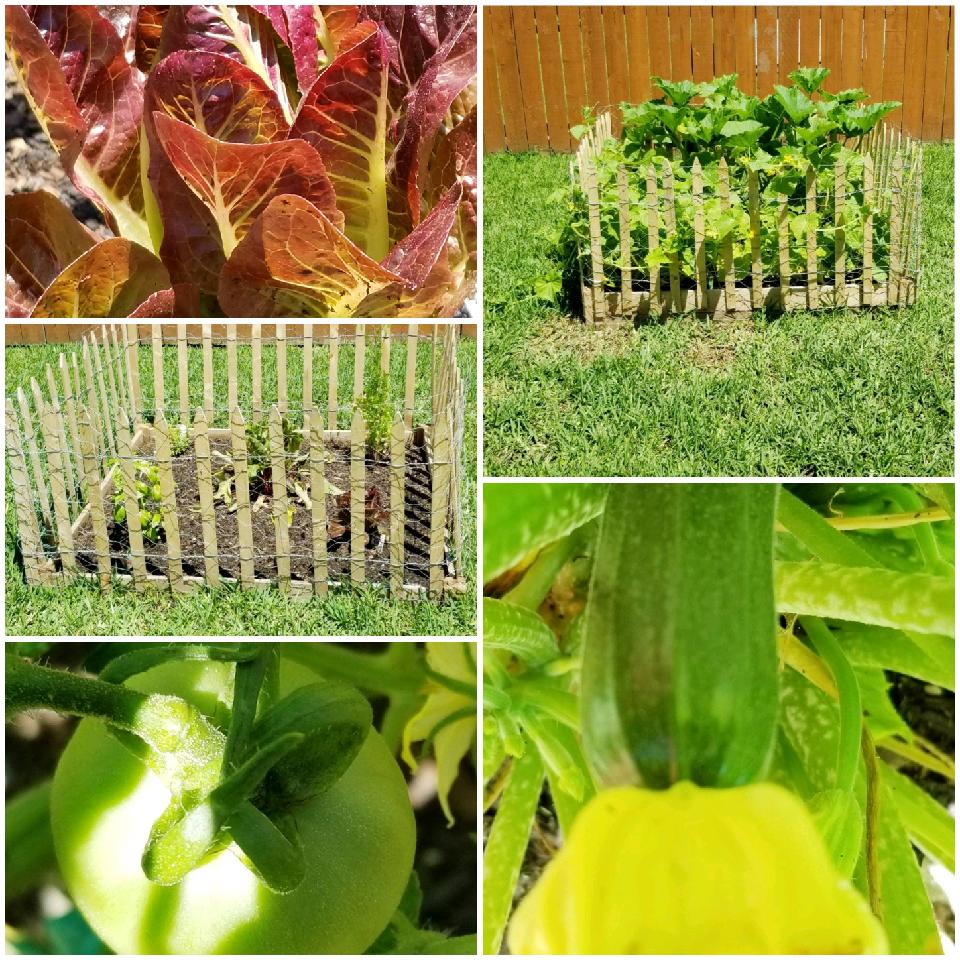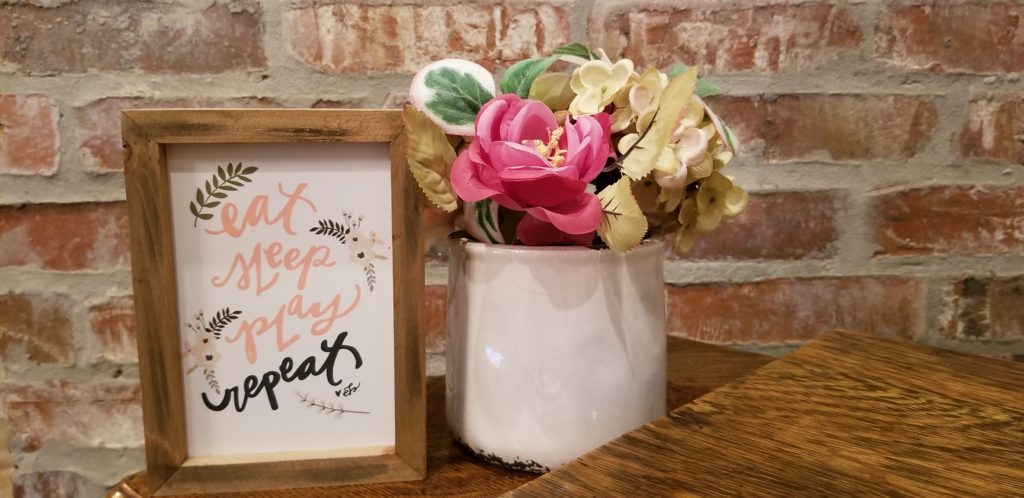He must have been devastated! How could this be true? His hopes had been so high when he came running up to Jesus. His background was impeccable. Wealthy family. Community respect. Social status. His religious life was worthy of commendation. Perfect synagogue attendance. Verbatim law recitation. Religion seeker. His social life was above reproach. No criminal record. Admirable relations with family and neighbors. Commandment keeper. His heart began a jubilant dance when Jesus listed commandment-keeping as the way to Heaven. He’d been keeping those all his life. He was done. He had arrived. Yet niggling doubt made him ask, “Is that all?” Jesus’ answer halted his quickly spreading grin. “Sell everything. Give the proceeds to the poor. Come. Follow me.” (Matthew 19:16-21)
What?! Was He serious? A glance at the disciples’ solemn expressions answered that question. Sell it all. Give up everything. That was the answer. Was it worth it? Did he want Heaven that much? Sadness clouds the young man’s countenance. His shoulders droop. His head bows. He’d been so close. Wordlessly, he turns and walks away. His identity was too deeply rooted in his social status, bank account, and elevated lifestyle for him to leave them behind. The cost of Heaven was too high. He wanted Heaven and everything on earth too. (Matthew 19:22)
It is not just the young aristocrat who believes the price of Heaven is too high. It is the people in Judah asking Jeremiah to query God concerning travel to Egypt. They want to go. Egypt seems full of plush, peace, and plenty. God said, “Stay put.” They went anyway. (Jeremiah 42-43) It is the Children of Israel crying out for relief and rescue from slavery in Egypt, only to be rescued but murmur, complain, and make trouble the entire journey. (Exodus 15:22, 16:1-4, 32:1-10) It is you. It is me. Falling to our knees, crying, “What do you want me to do, Jesus?” then running away when the answer isn’t what we want to hear.
Years ago, when I was entering Middle School, we were living in a lovely two-story house in Pennsylvania. Each of us kids had our own room for the first time in my memory. For once, we lived close enough to have visits with cousins and grandparents and regularly attend church camp. My dad was pastoring an adorable little white country church, complete with steeple and bell, full of sweet people. In his prayer time, Daddy was praying diligently for a pastor to fill a vacancy at a church in Montana he had previously pastored. One day, in the middle of his prayer, God answered. He said, “I want you to go.” Surprised by the answer, Daddy said, “But my name isn’t even on the moving list.” God simply said, “I want you.”
When Daddy discussed the possibility with the needy church, the news was disheartening. As much as they wanted him to come, their financial straits were desperate. They could offer only a single-wide mobile home with a built on addition and $25 a week if we cleaned the church. No salary. No real income. How does that work? How does one raise a family with no income? Further complicating matters was the fact the church was located 30 miles outside of town at the end of a dirt road nestled into the base of a mountain. The little town across the river had a small, high-priced grocery, a couple bars, and a state liquor store. No jobs. No job market. By the time our move was complete, it would be too late in the year to start a garden or establish residency for a hunting license. The conundrum of food and clothing remained unanswered.
Thankfully, no situation ever stymies God. He had more answers. “Call Gary.” Gary was the owner of a furniture restoration and repair business. Dad had worked for him before. It was work he could pick up and take home without needing to spend gas money on a daily commute. Daddy made the call. Gary was overjoyed. Work was already available. And just like that, God was making a way.
So we packed up the things in the cute little house, loaded the truck, said “Goodbye” to family and friends, the lovely church people, the close shopping, the ability to see grandparents and extended family with any regularity, and moved to a little mobile home in the woods 2,000 miles away. Little income. No security. Nothing to fall back on. We left everything comfortable, familiar, and easy because Jesus said, “Give it all up. Come. Follow me.”
The fondest memories I have are from Montana. We worked hard gardening, canning, preserving, hunting, butchering (eww!!), hauling wood for heat. We ate well from garden, fruit trees, and wild berry bushes blessed by God’s hand. We played hard. There were trees to climb, rock slides to investigate, and the mountain behind us to explore. I have no regrets that Daddy chose to leave behind the comforts of the world and follow Jesus.
Today I ask myself if I could do the same. I hope the answer is, “Yes.” I want it to be. I don’t want to hold on to the things of the world so tightly that I risk Heaven for the world. I don’t want to be so comfortable in my nice home and easy lifestyle that I’m not willing to sacrifice for Jesus. I don’t want to be the girl who wants the house, the car, or the hair color so much that I choose them over Heaven. Those things aren’t even in the same league with Heaven. I want to hear and do when Jesus says, “Come. Follow me.”
And just as He spoke those words to that young man so long ago, Jesus speaks the same words to us today. “Get rid of the excess. Invest in me. Love me more.” In this one command, Jesus sets the record straight. More is not always better. Earthly goods are worth nothing at Heaven’s bank. There’s no corner office in Heaven. The thrones are already occupied. So lay it down. Give it up. Stop striving. Stop stressing. Loss on earth is gain in Heaven. Because Heaven…is for losers.
Think I’m kidding? Listen to Jesus as he tells the disciples, “If you want to follow me, stop following yourself. Give up your own desires. Quit the worldly pursuits. Pick up your cross. Let’s go. If you lose your life in me, in following my commands, you will gain eternal life. If you don’t, you’ll lose it.” And He caps it with the question that echoes down through time to you and me, “Is there anything in the world more important than securing your eternity?” (Matthew 24-26, Mark 8:37)
Sometimes we answer that question far too quickly. We say, “No,” with our mouth, but, “Yes,” with our actions. We put our hand to the plow, then we look back. Back at the things, the status, the excitement. We falter. You won’t get to Heaven that way. (Luke 9:62) So ask yourself, is there anything that means more to you than Jesus? Earthly treasures. Money. Followers. Would you give them up for Him? Do you love Him that deeply, desire Him that strongly, or is it just a passing acquaintance? Would you sell out to follow Jesus? Everything. Is He worth it? What would you do to gain Christ, to inherit eternal life? (Philippians 3:8) Remembering that loss is gain in Heaven’s bank book, ask yourself, what does it matter if you win the whole world, but lose your soul? Jesus is calling. What’s worth more to you than Him?




